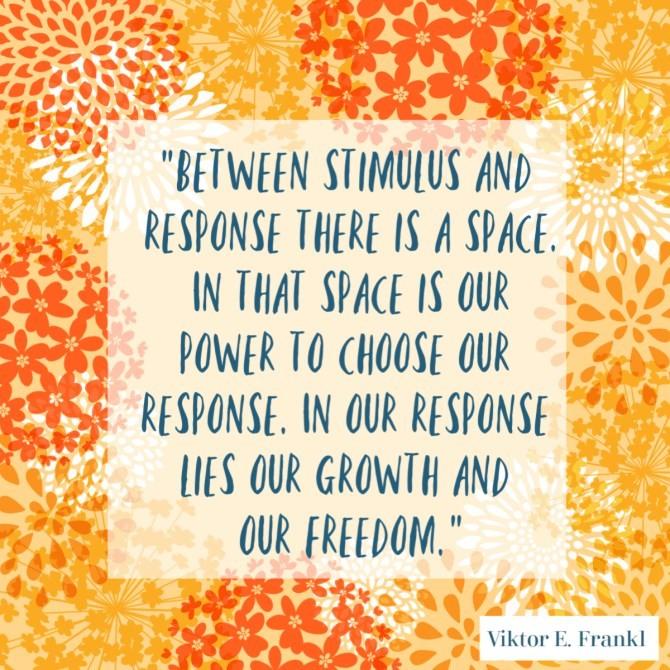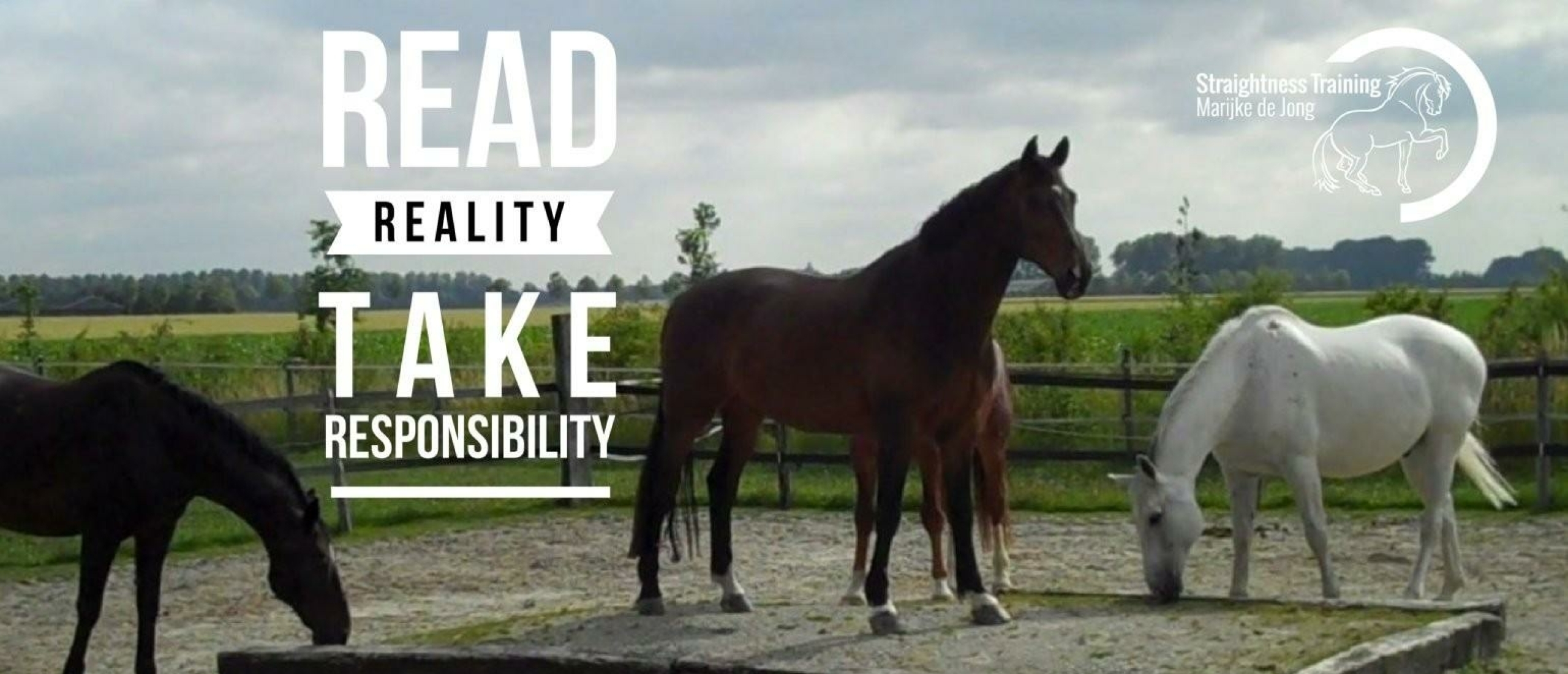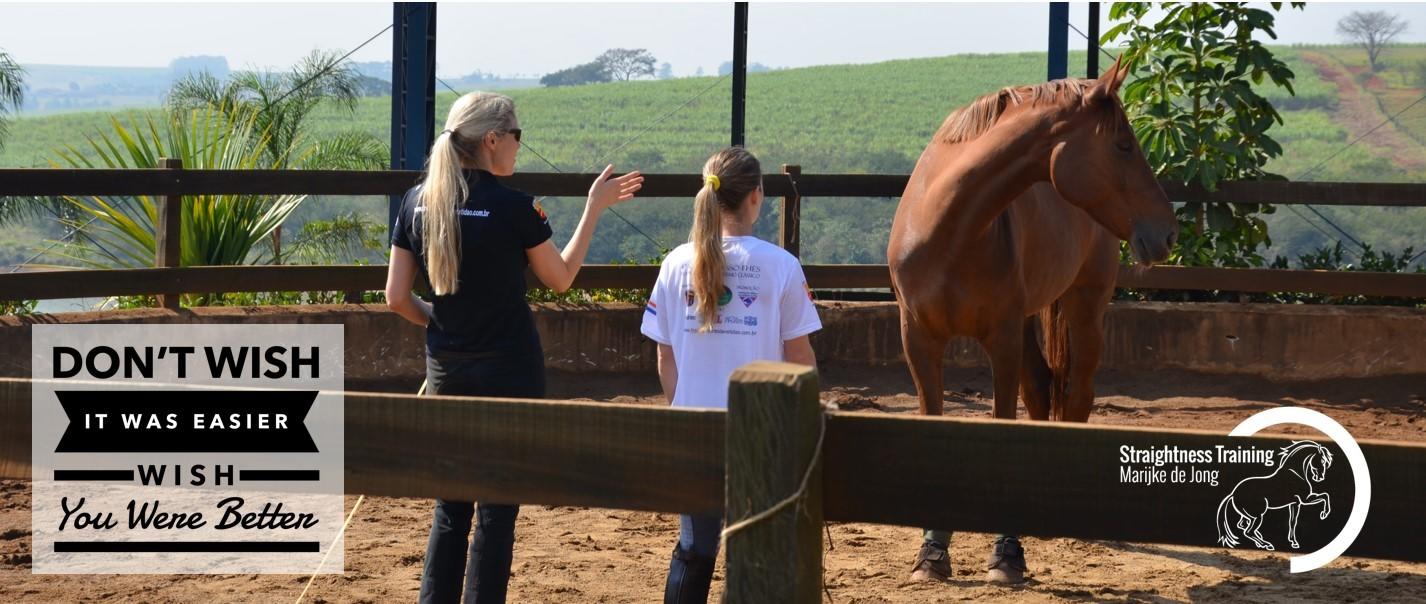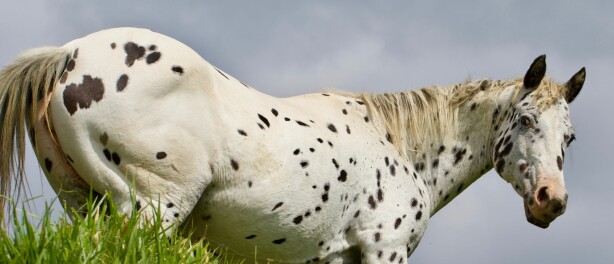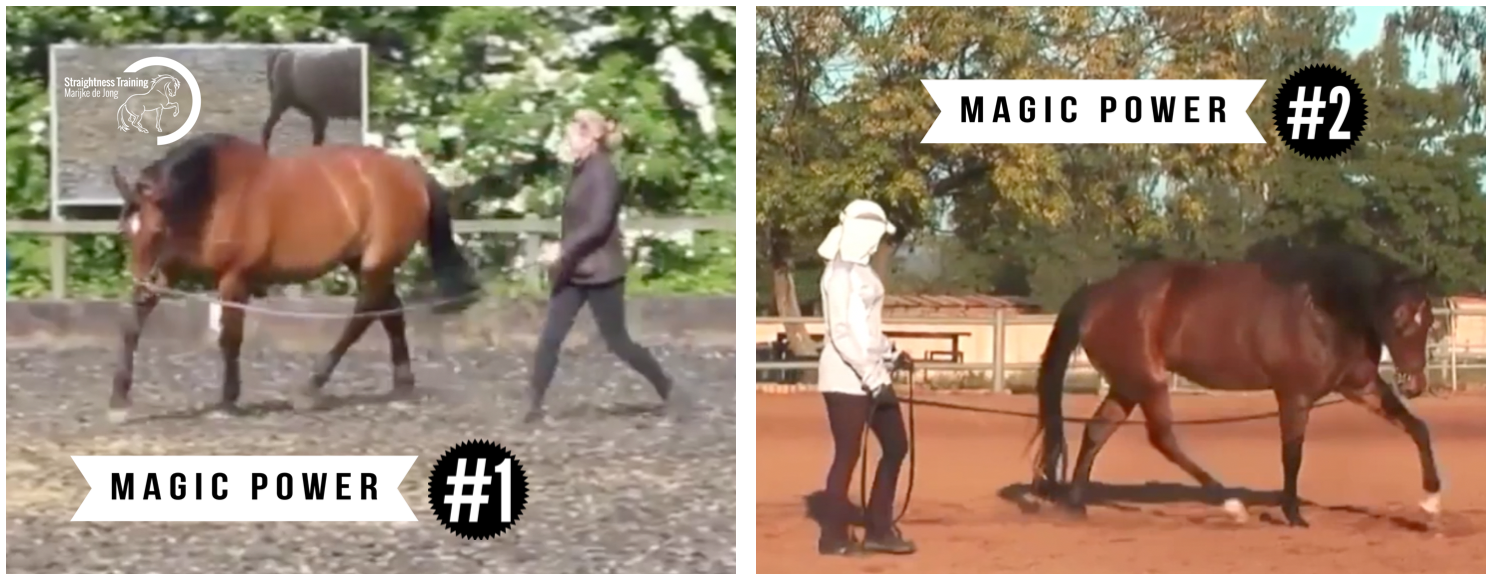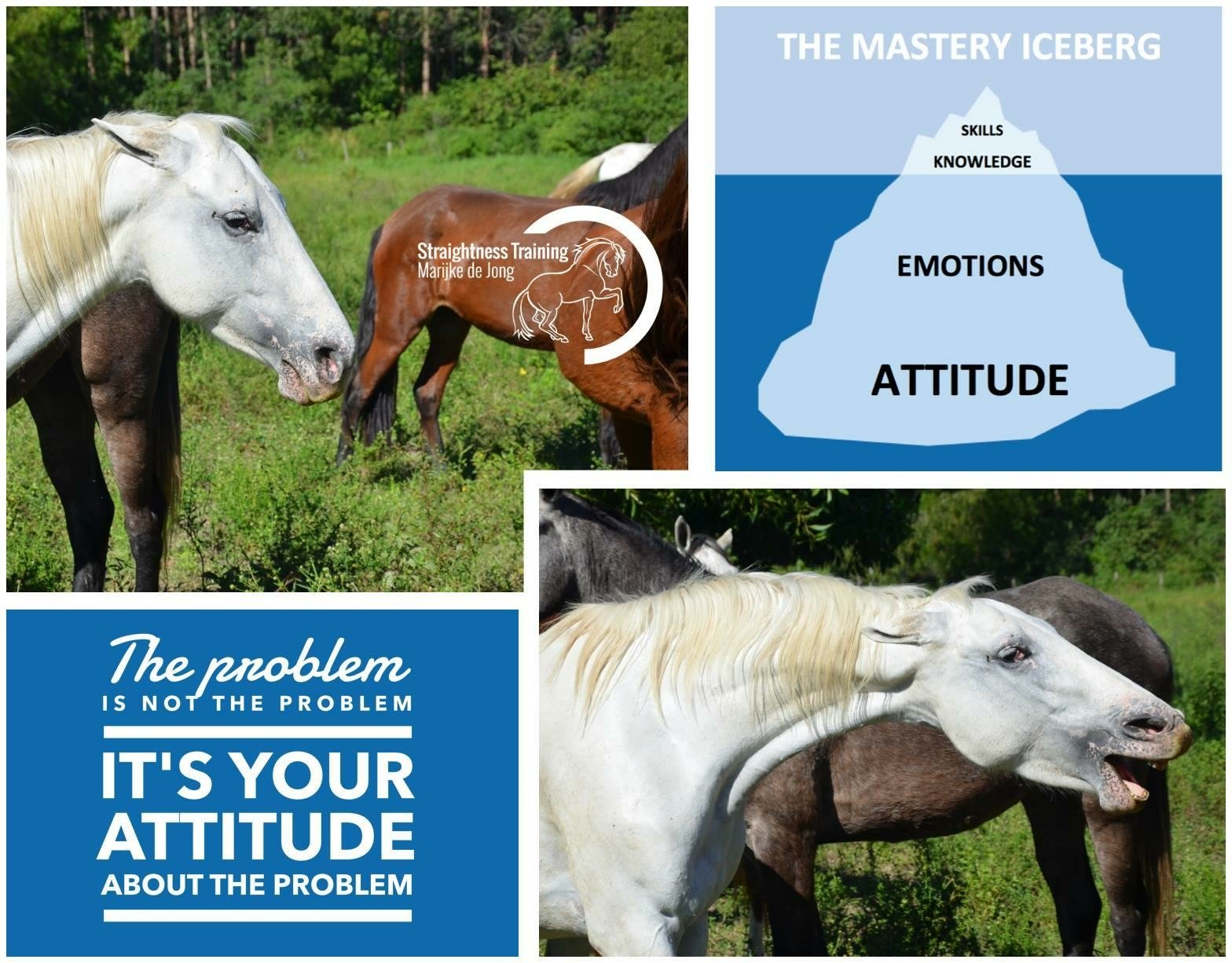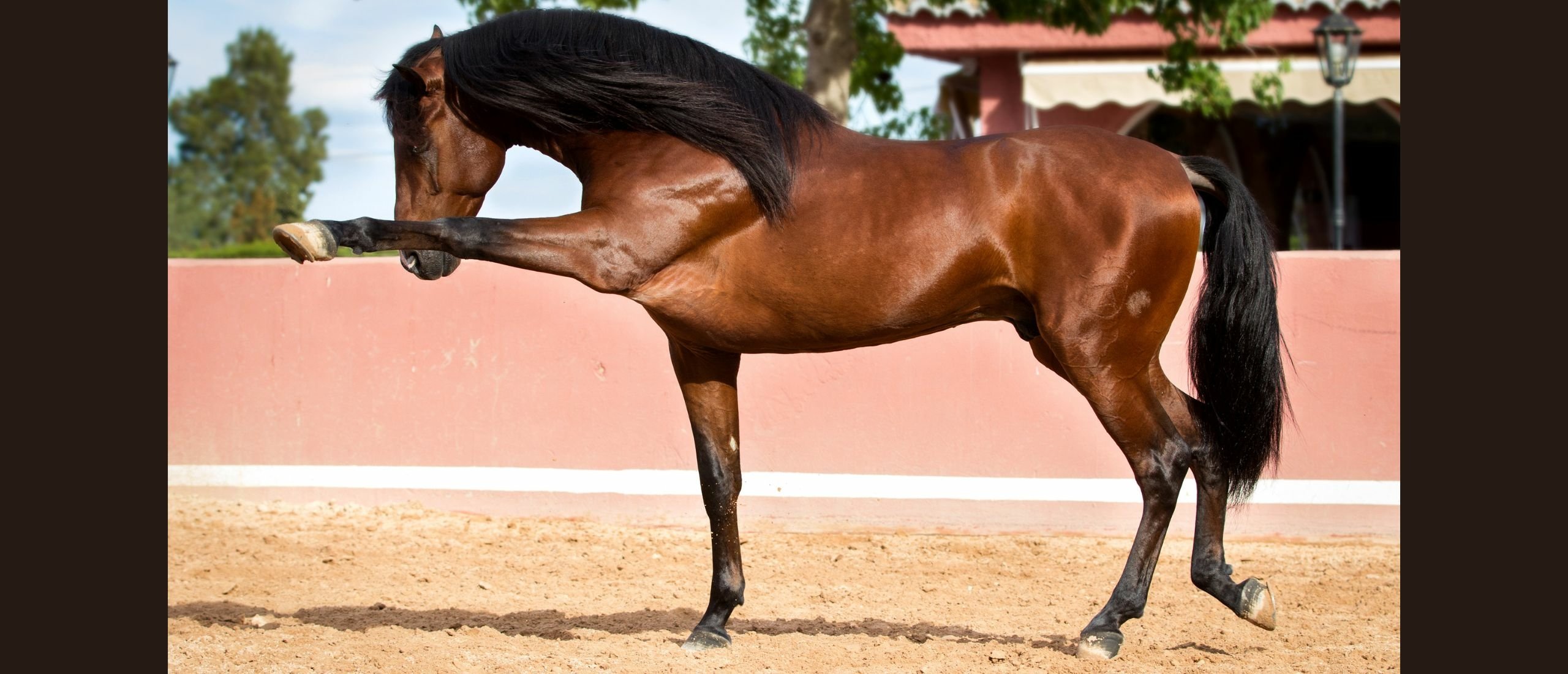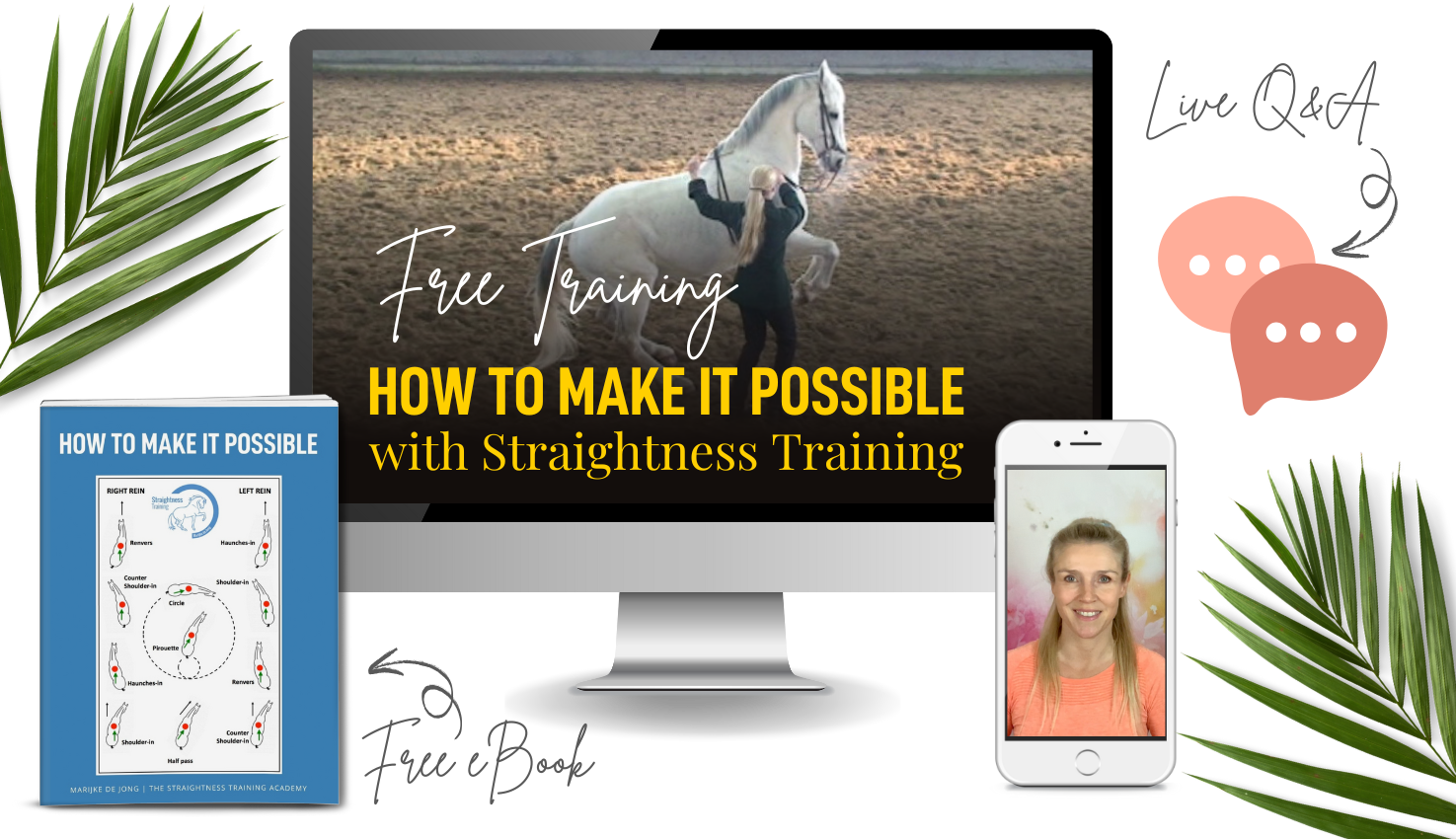When it comes to successful people – artists, masters, role models, leaders - it often works like this:
- First, people put the successful person on a pedestal, then they try to knock him or her down.
- First, people have a powerful yet illusory idea of who the leader is - as like he has never made a mistake in his life - then he has to make sure that he doesn’t do anything to get torn down.
- First, people say they look up to her and idolize her, and then they blame her a lack of modesty.
As Madonna put it: “We like to put people on a pedestal, give them one character trait, and if they step outside of that shrinelike area that we blocked out for them, then we will punish them.” We view ourselves as so imperfect that when those who we esteem to be perfect fall, we show them no mercy whatsoever.
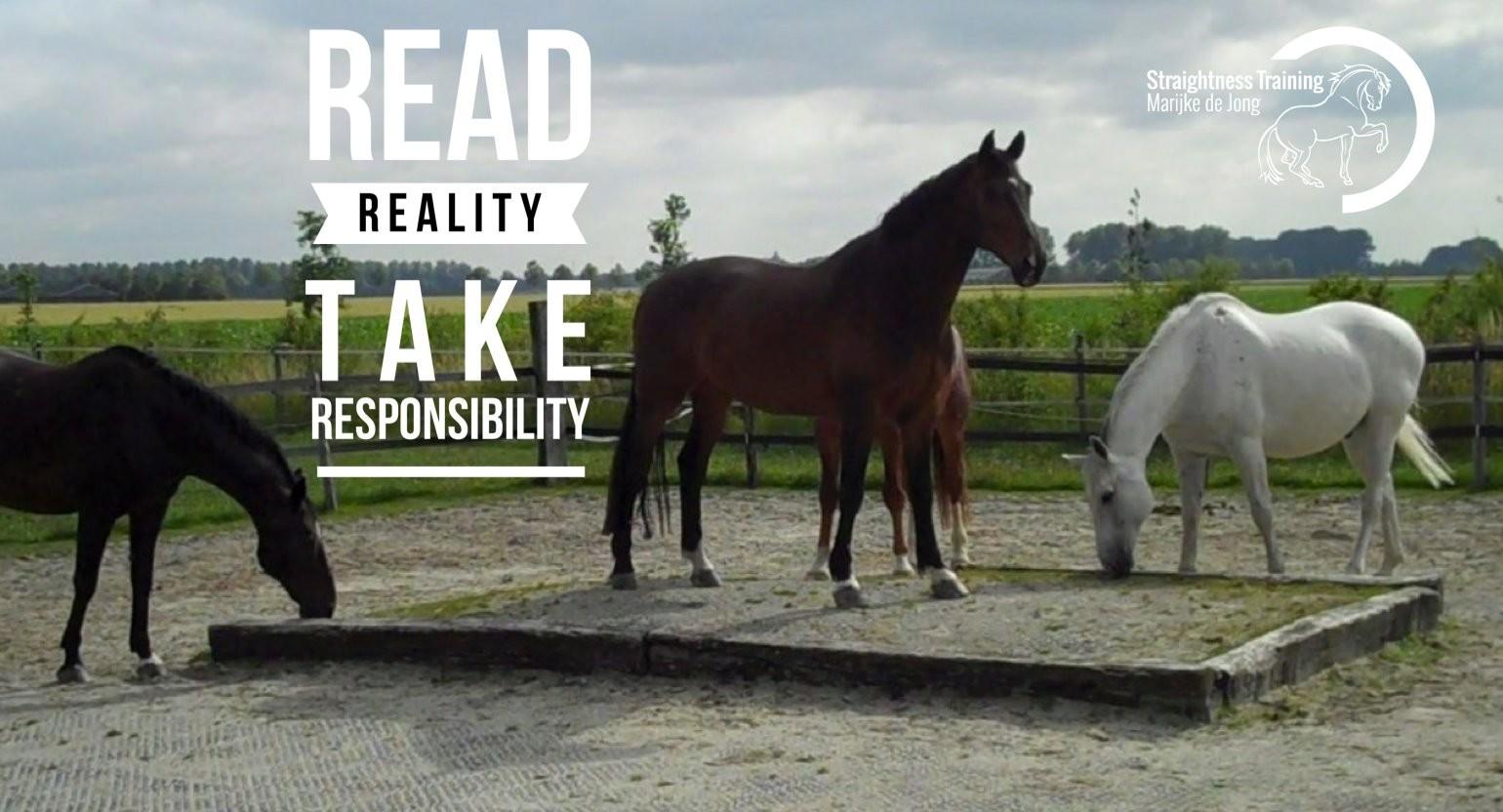
Lovers, Haters, and Masters
Social media is full of stories about the latest “fallen” horseman who did not live up to our unrealistic expectations of him. When a horse(wo)man becomes successful, it works a bit like this:
- One third of the population puts successful horse people on a pedestal.
- One third treats them with less respect than they would have got if they were collecting their bins.
- One third allows them to be human, realizing that there’s a crack in everything, and that’s how the light gets in.
Now every equestrian role model and every equestrian discipline has its:
- Lovers – people who see it better than it is.
- Haters – people who see it worse than it is.
- Masters – people who see it as it is.
This difference in perspective is why some riders are successful in a certain method or movement, and others are not. See it as it is, but don’t see it better or worse than it is so that you don’t have a reason to try. The difference in perspective makes that some people find a way to become a master, and other people find an excuse not to try or to quit. The master will figure it out until things will be going well, but both lovers and haters will come up with a list of reasons why it doesn’t work.
The Lover's List
Let’s have a look at the “excuse list” of lovers:
- The path to the top is too difficult.
- The standard is incredible high.
- It’s out of reach.
- One needs special talents to get there.
- There’s no time enough to get the job done.
- No support in the world will be enough to get there.
- My horse is too young / old / not ready / …
- The circumstances are not right at the moment.
That’s a pretty good list for not doing well…
The Hater's List
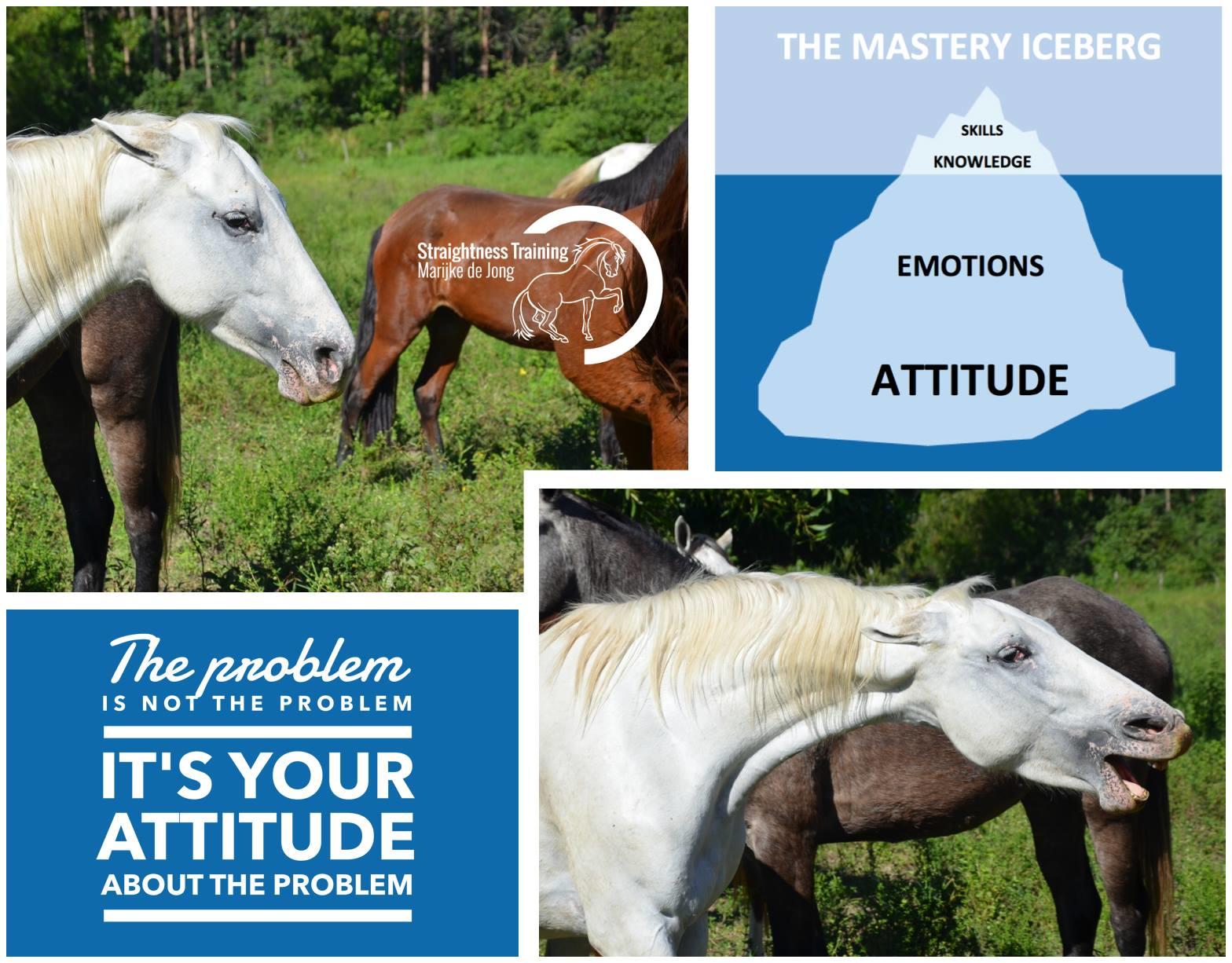 Now there are haters who are a hater right from the beginning.
Now there are haters who are a hater right from the beginning.
But also former "lovers" can turn into "haters", and dedicated fans can turn into devastated victims when they do not get the recognition and attention they want.
As a result, they might add to their list the following reasons why things are not going well:
- The movement is growing too fast.
- They no longer care.
- There's not enough support.
- Back in the old days everything was much better.
- The culture has changed.
- The old passion has gone.
- It's becoming a cult.
- Everything changes all the time.
- The path to the top is not clear.
- The process is confusing.
- The program needs revision.
- The method is okay, but the leader is the problem.
- Things are too expensive.
- They do it for the wrong reasons.
Now such lists often create the “right” reasons and justification to stop, to quit, to drop out, to give up. It also binds people together who have the same sort of list.
The Master's List
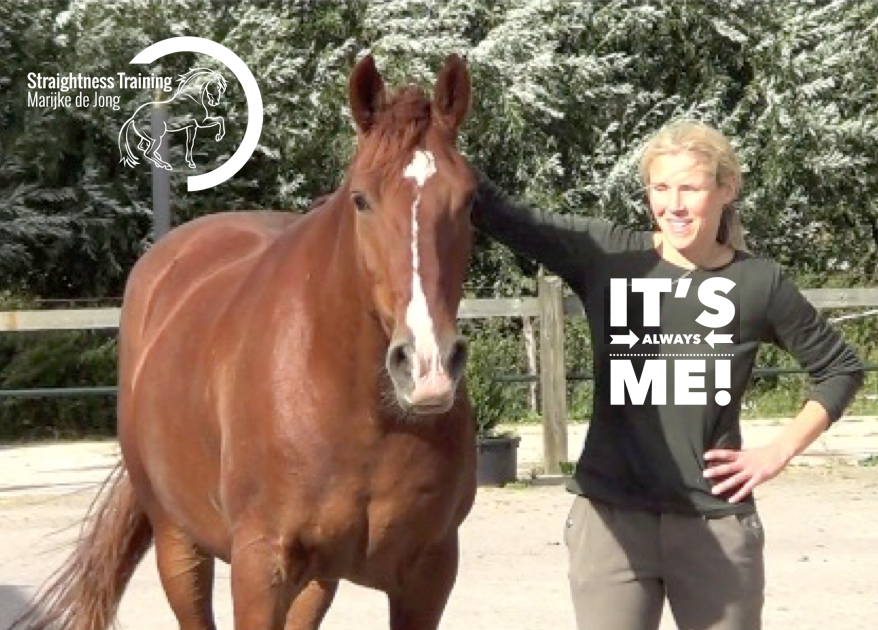 Masters will put themselves on the list when things aren’t going well. The list shows only one thing:
Masters will put themselves on the list when things aren’t going well. The list shows only one thing:
- “It’s Always Me”.
So when things aren’t going well and they don’t get what they want, they will change their approach.
How often?
Until they get what they want. Masters take responsibility for their own progress and embrace the 100% ability to respond to whatever life throws at them.
They use freedom of choice:“Between stimulus and response, man has the freedom to choose”. That’s why no one can hurt a master without his consent and why no one can take away his self-respect if he doesn’t give it to them.
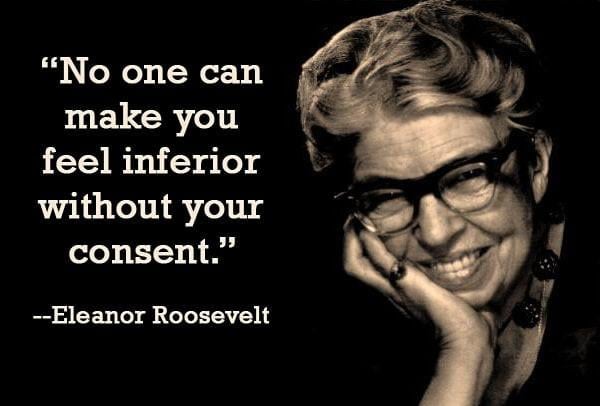
The Key Factor
The difference in perspective often results in the following: Two people can do exactly the same method: one succeeds the other quits.
In every equestrian discipline - classical, natural, sport, whatever – you can always find two similar riders who start an education:
- They start at the same time.
- They have the same aspirations.
- They have the same sort of ordinary horse.
- The same talent.
- They join the same learning program.
- With the same services and support.
- They’ve got the same opportunities.
- The same challenges.
- The same setbacks.
- The same dilemmas.
However: One achieves the desired level. The other quits. What’s a key factor? It’s not the events that shape them, but their beliefs as to what those events mean:
- Often we believe that events or other people control our lives and that our environment and circumstances have shaped who and where we are today. Then it’s a small step to start blaming and complaining and to come up with a long list why we cannot have what we want and why we aren’t doing well.
- Also, every method has people who think “It’s always me”, people who see things as it is, who do not put people on a pedestal, who have no time to criticize others as they are too busy with working hard on themselves so they can partner with the dream that lives in their heart.
Two Categories Of Problems
Now the problems we face on our personal path to mastery fall in one of two areas:
- Problems involving other people’s or our horse’s behavior – called the “Circle of Concern”.
- Problems involving our own behavior – called the “Circle of Influence”.
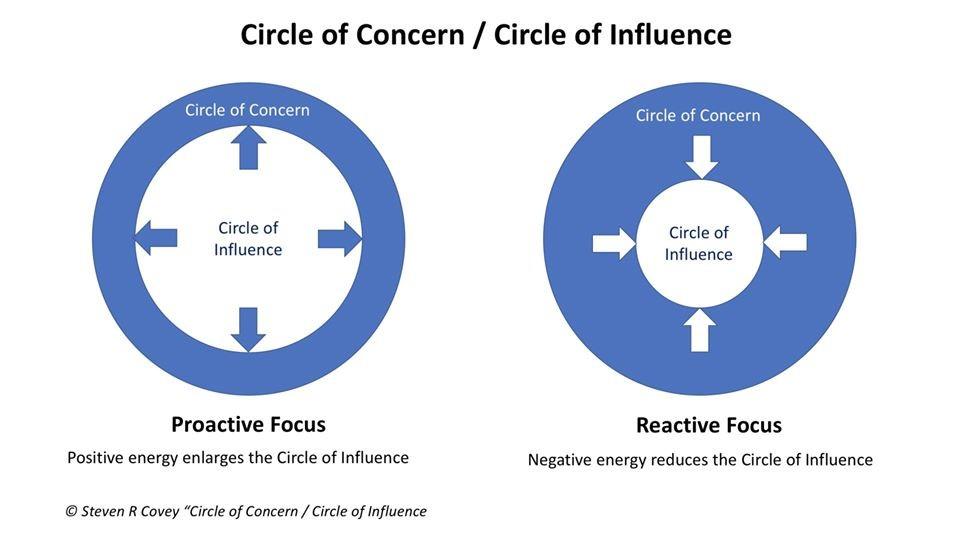 Lovers and haters focus on the first, masters on the second:
Lovers and haters focus on the first, masters on the second:
- Lovers are reactive and focus on the strength of other people and their focus results in idolizing.
- Haters are also reactive and focus on the weakness of other people, and their focus results in blaming and accusing and increased feelings of victimization.
- Masters are proactive and focus on the things they can do something about.
It’s inspiring to realize that in choosing our response to circumstance, we powerfully affect our circumstance.
Choose Your Response
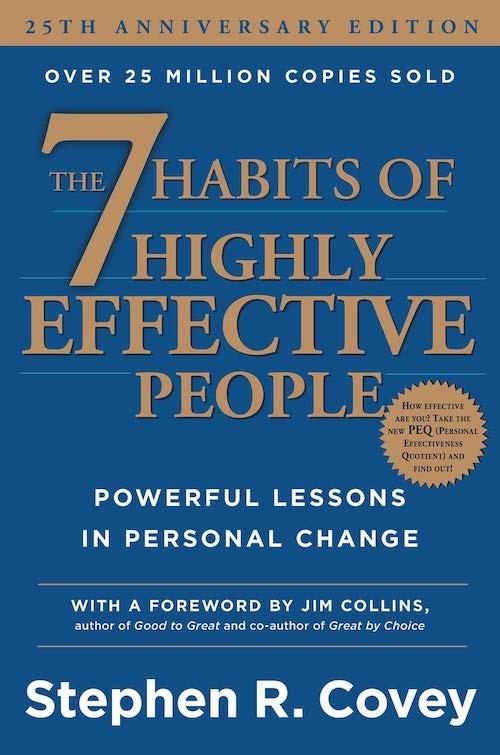 Here’s a nice example written in the book of Stephen Covey“The 7 Habits of Highly Effective People”:
Here’s a nice example written in the book of Stephen Covey“The 7 Habits of Highly Effective People”:
“I worked with one organization for several years that was headed by a very dynamic person. He could read trends. He was creative, talented, capable, and brilliant – an everyone knew it. But he had a very dictatorial style of management. He tended to treat people like “gofers”, as if they didn’t have any judgment. His manner of speaking to those who worked in the organization was: "Go for this… go for that… now do this… now do that… I’ll make the decisions”.
The net effect was that he alienated almost the entire executive team surrounding him. They would gather in the corridors and complain to each other about him. Their discussion was all very sophisticated, very articulate, as if they were trying to help the situation. But they dit it endlessly, absolving themselves of responsibility in the name of the president's weaknesses.
"You can't imagine what's happened this time," someone would say. "The other day he went into my department. I had everything all laid out. But he came in and gave totally different signals. Everything I'd done for months was shot, just like that. I don't know how I'm supposed to keep working for him. How long will it be until he retires?" "He's only fifty-nine," someone else would respond. "Do you think you can survive for six more years?" "I don't know. He's the kind of person they probably won't retire anyway".
But one of the executives was proactive. He was driven by values, not feelings. He took the initiative, he anticipated, he empathized, he read the situation.He was not blind to the president’s weaknesses, but instead of criticizing them, he would compensate for them. Where the president was weak in his style, he’d try to buffer his own people and make such weaknesses irrelevant. And he’d work with the president’s strengths – his vision, talent, creativity. This man focused on his Circle Of Influence. He was treated like a gofer, also. But he would do more than what was expected. He anticipated the president’s need. He read with empathy the president’s underlying concern, so when he presented information, he also give his analysis and his recommendations based on that analysis. As I sat one day with the president in an advisory capacity, he said:
“Stephen, I just can’t believe what this man has done. He’s not only given me the information I requested, but he’s provided additional information that’s exactly what we needed. He even gave me his analysis of it in terms of my deepest concerns, and a list of recommendations. The recommendations are consistent with the analysis, and the analysis is consistent with the data. He’s remarkable! What a relief not to have to worry about this part of the business.”
At the next meeting, it was:
“Go for this… go for that… now do this… now do that… I’ll make the descisions”... ... to all the executives…. but one. To this man, it was “What’s your opinion?”
His Circle of Influence has grown. This caused quite a stir in the organization. The reactive minds in the executive corridors began shooting their vindictive ammunition at this proactive man. It’s the nature of reactive people to absolve themselves of responsibility. It’s so much safer to say “I am not responsible”. If I say “I am responsible,” I might have to say “I am irresponsible.” It would be very hard for me to say that I have the power to choose my response and that the response I have chosen has resulted in my involvement in a negative, collusive environment, especially if for years I have absolved myself of responsibility for results in the name of someone else’s weaknesses. So these executives focused on finding more information, more ammunition, more evidence as to why they weren’t responsible.
But this man was proactive toward them, too. Little by little, his Circle Of Influence toward them grew also. It continued to expand to the extent that eventually no one made any significant moves in the organization, without that man’s involvement and approval, including the president. 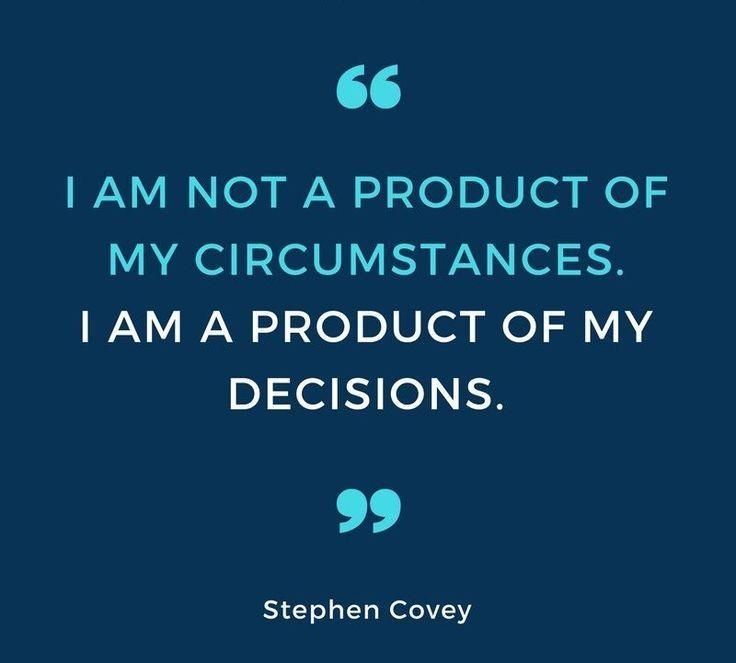 But the president did not feel threatened because this man’s strength complemented his strength and compensated for his weaknesses. So he had the strength of two people, a complementary team. This man’s success was not dependent on his circumstances. Many others were in the same situation. It was his chosen response to those circumstances, his focus on his Circle of Influence, that made the difference.”
But the president did not feel threatened because this man’s strength complemented his strength and compensated for his weaknesses. So he had the strength of two people, a complementary team. This man’s success was not dependent on his circumstances. Many others were in the same situation. It was his chosen response to those circumstances, his focus on his Circle of Influence, that made the difference.”
Read Reality - Take Responsibility
In the equestrian world, a sort of the same happens. Then reactive people start saying “He has his favorites” or “They got their stars and stripes because they are blond and blooming”...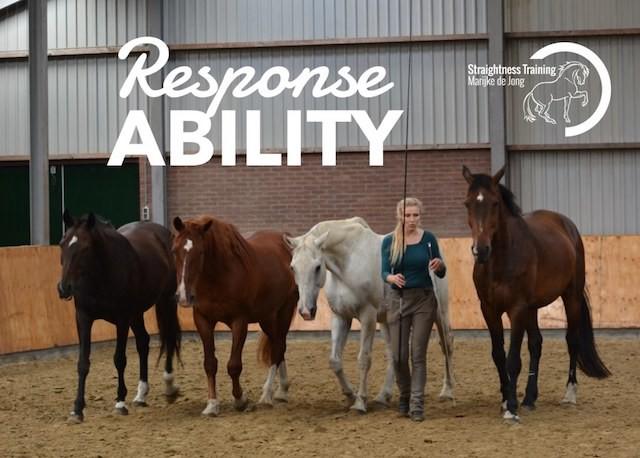
But more likely the difference is the ability to respond.Responsible people do not make things better than they are, or worse than they are, but they see things as they are.
They read reality and they know what’s needed. They are able to see the bigger picture, they can see beyond their own needs, they can change their approach, their habits, they can change the way they see their problems, they can change and increase their influence - in favor of the grand mission. In the end, it’s not the conditions but our decisions that shape our success.
